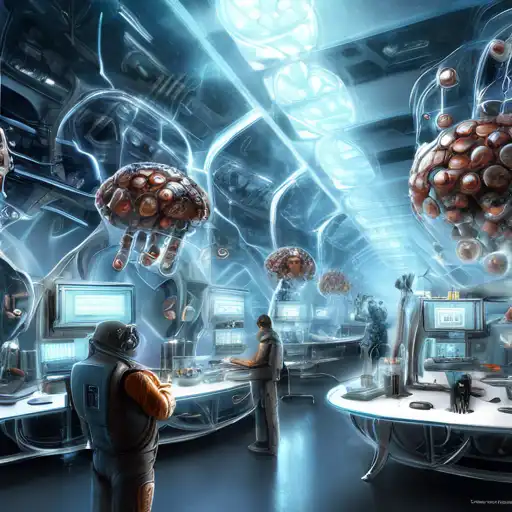Introduction to Nanotechnology
Nanotechnology, the science of the incredibly small, is making a monumental impact across various industries. By manipulating matter at the atomic and molecular level, scientists are creating materials and devices with remarkable properties. This article explores the vast potential of nanotechnology and its current applications that are shaping our future.
The Science Behind Nanotechnology
At its core, nanotechnology involves the engineering of functional systems at the nanoscale, which is about 1 to 100 nanometers. To put this into perspective, a single sheet of paper is about 100,000 nanometers thick. This field combines principles from physics, chemistry, biology, and engineering to innovate at a scale that was once thought impossible.
Current Applications of Nanotechnology
Nanotechnology is already transforming industries in ways that were unimaginable a few decades ago. Here are some of the most impactful applications today:
- Medicine: Targeted drug delivery systems that attack cancer cells without harming healthy tissue.
- Electronics: Smaller, faster, and more energy-efficient chips that power our devices.
- Energy: Solar panels with nanoscale materials that significantly increase efficiency.
- Environmental: Nanofilters that remove pollutants from water at a molecular level.
The Future of Nanotechnology
The potential of nanotechnology is boundless. Researchers are exploring ways to use nanotech for self-healing materials, space exploration, and even quantum computing. As we continue to unlock the secrets of the nanoscale, the possibilities for innovation are endless.
Challenges and Ethical Considerations
Despite its promise, nanotechnology faces challenges, including high production costs, potential health risks, and ethical concerns. It's crucial to address these issues to ensure that nanotechnology develops in a way that benefits all of humanity.
Conclusion
Nanotechnology is not just about making things smaller; it's about reimagining what's possible. From healthcare to environmental protection, this tiny tech is making a big impact. As we stand on the brink of a new era, the question isn't if nanotechnology will change the world, but how.
